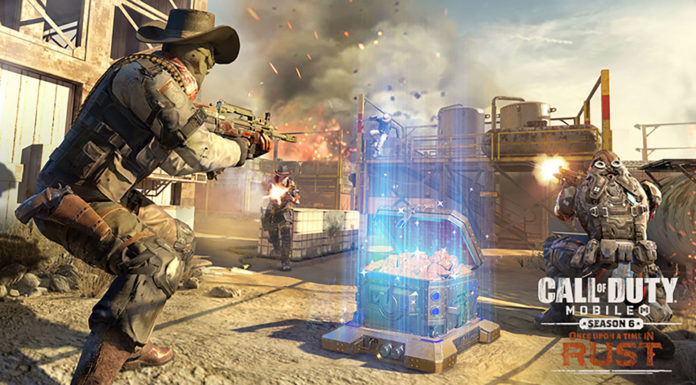Kojima also spoke a bit about how loneliness inspired the game.
Hideo Kojima makes his politics pretty clear in a new documentary, saying Kojima Productions’ first title, Death Stranding, is inspired by recent political events and situations.
Kojima spoke candidly to BBC Radio 1 Newsbeat about the current political climate, referencing President Donald Trump and Brexit as inspirations for the game’s themes. “Trump is building a wall and the UK is leaving the EU,” Kojima told BBC Radio 1 reporter Steffan Powell. “In the game, we use bridges to connect things. But destroying those bridges can instantly turn them into walls. So bridges and walls are almost synonymous. That’s one of the things I’d like players to think about in the game.”
Kojima says “the era of today is about individualism” and uses that as a means to examine the increased loneliness in our ever-connected world. “The attacks and violence seen online these days is out of control. So I designed this for people to take a step back and by connecting, relearn how to be kind to others,” Kojima said. “After spending dozens of hours in the game you will come back to reality in the end. When you do, I want you to use what you learned in the game. Connecting is one of those things.”
Kojima also spoke openly about his own battles with loneliness and how he hopes people will empathize with the messaging behind Death Stranding. “I’m very prone to loneliness. I think there are similar people around the world, especially gamers. Even though they’re having fun with others outside when they are alone and playing video games in their living room they don’t feel like they fit into society or their community. So when those people play this game they realize people like them exist all over the world. Knowing that even though I’m lonely, there are other people like me makes them feel at ease.”
The reviews have finally rolled in and Death Stranding has received generally favorable praise from critics. In our own review, editor Kallie Plagge said, “Death Stranding is a hard game to absorb. There are many intertwining threads to its plot, and silly names, corny moments, and heavy exposition belie an otherwise very simple message. That comes through much more clearly in the game’s more mundane moments, when you find a desperately-needed ladder left behind by another player or receive a letter from an NPC thanking you for your efforts. It’s positive without ignoring pain; in fact, it argues in both its story and its gameplay that adversity itself is what makes things worth doing and life worth living. It’s a game that requires patience, compassion, and love, and it’s also one we really need right now.”













![Hotstar Premium Cookies 2019 [*100% Working & Daily Updated*] Hotstar Premium Cookies 2019 [*100% Working & Daily Updated*]](https://tahav.com/wp-content/uploads/2019/11/Hotstar-Premium-Cookies-Free-100x70.jpg)



